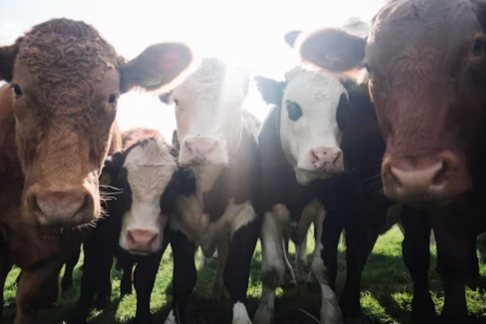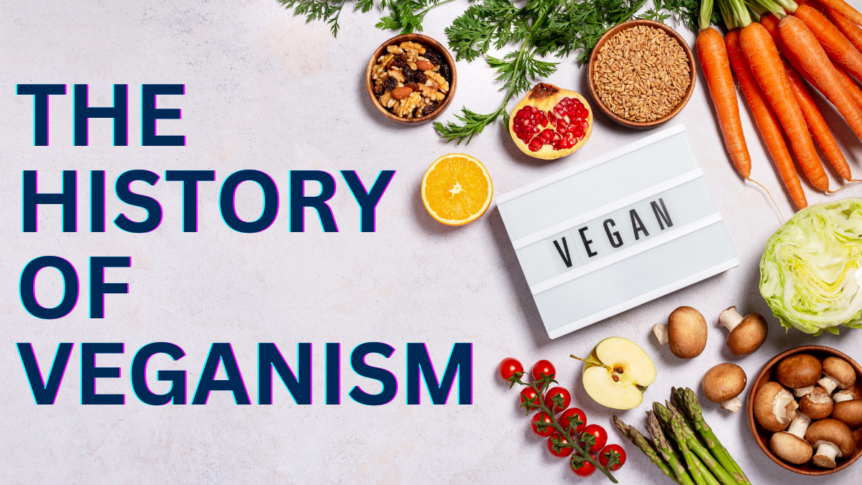Today, more than 78 million people around the world are vegan1. As more and more people learn about the dietary health benefits, and of the unethical agricultural practices and environmental impacts associated with meat consumption, this number continues to increase.

Given veganism’s popularity, you may be surprised to learn that this term was coined only 80 years ago. However, the practice of abstaining from meat and animal products dates back thousands of years, with origins in Greece, Egypt, India, China, and other ancient cultures.
Donald Watson, a British woodworker, started using the word in 1944 to differentiate those who avoided dairy and eggs from vegetarians2. The word combines the first and last few letters of “vegetarian,” so as to emphasize that the emergence of the movement marked “the beginning and end of vegetarian[ism].”3
Armed with a catchy yet meaningful name, Watson and five others formed the Vegan Society. Its newsletter only had 25 subscribers at its inception. Early on, member Leslie Cross, a church chaplain who served as Vice President, proposed an official definition for the new term: “[t]he principle of the emancipation of animals from exploitation by man…to seek an end to the use of animals by man for food, commodities, work, hunting, vivisection, and by all other uses involving exploitation of animal life by man.”2 This clarification widens the scope of veganism from being diet-centered, to a holistic approach meant to put an end to the wrongful use of animals in day-to-day life.
The movement proved to be popular in England, and by 1948, an American branch formed. Veganism caught on in the counterculture of the 1960s and 70s, gaining political significance thanks to authors like Frances Moore Lappe, who wrote the influential book Diet for a Small Planet4. As environmental concerns grew, some turned to veganism as the perfect way to reduce emissions, support animal life, and reject the influence of big corporations.

Simultaneously, new research came out implicating excessive consumption of meat and dairy as the causes of common health issues like heart attacks and high blood pressure. The 90s saw a low-fat diet craze; it is reasonable to assume that many health conscious individuals banned meat and dairy from their plates in an effort to avoid saturated fat.
Nowadays, the health, environmental, and animal rights aspects are common reasons for why people choose to go vegan. Many more organizations have since formed, including PETA, Mercy for Animals, and of course, Animal Outlook.
Knowing the history behind veganism imbues your daily animal-friendly choices with a hallowed significance. Every time you opt for tofu or oat milk, say, you are continuing in a practice that stretches for thousands of years.

1https://getvegan.com/vegan-statistics/
2https://time.com/3958070/history-of-veganism/


